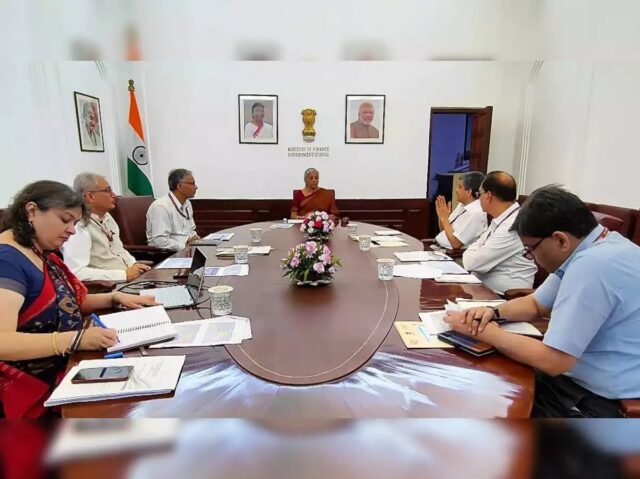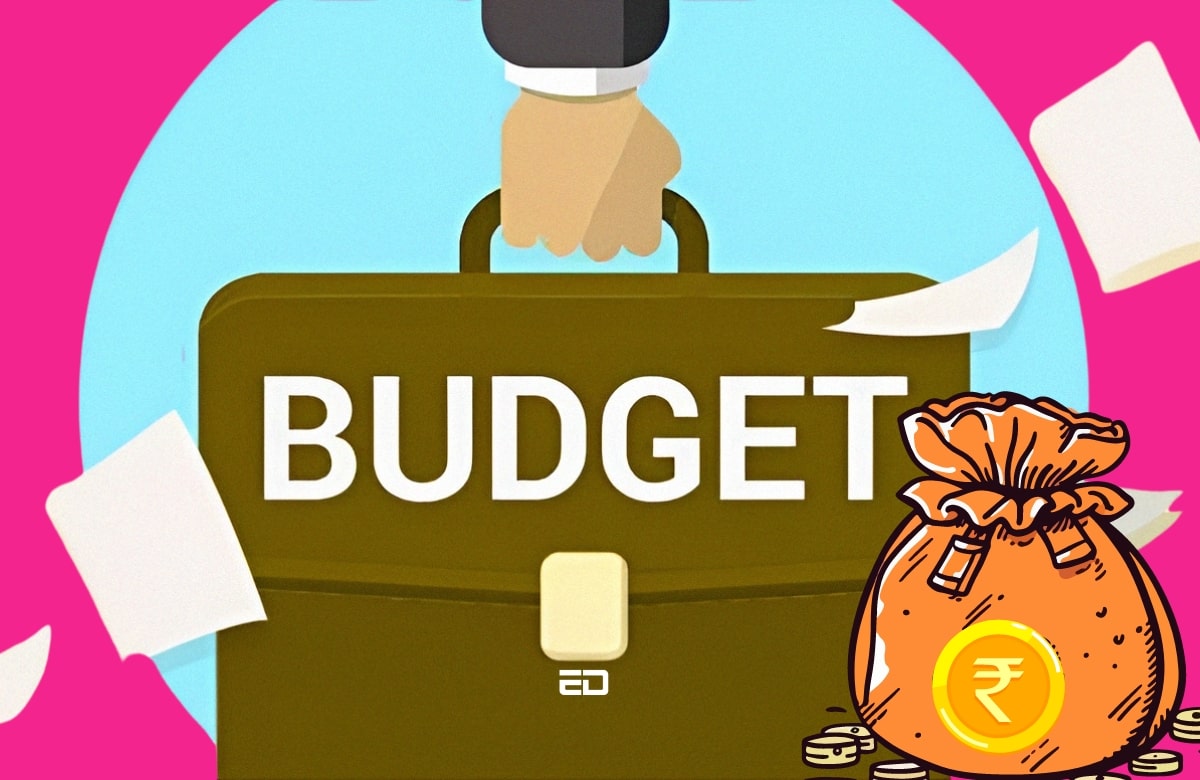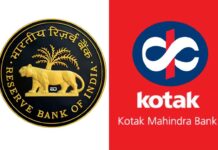Demystifier: ED Original where the content is written in such a way that it is knowledgeable and easy to comprehend at the same time.
The budget, an annual financial statement for India that contains the government’s revenue and expenditure for a given fiscal year, is scheduled to be presented by our Financial Minister, Nirmala Sitharamn on February 1. It is a financial statement that carries niche terminology the general public may not fully be familiar with.
Without understanding these terms, the budget can be difficult to interpret and analyse. Thus, we simplify the task for you by dejargonisation of the most important and common terms you are likely to come across in the budget.
What Is Disinvestment?
When public sector shares are sold by the Government to get cash, earnings in the form of assets are converted into cash. This is known as disinvestment.
What Are Budget Estimates?
The amount of money allocated in the Budget to any ministry or scheme for the coming financial year are called budget estimates.
What Is Fiscal Deficit?
Additional borrowings made by the government each year to bridge the gap between income and expenditure is called a fiscal deficit.
Also Read: Study Claims Indian Women Should Earn Over ₹40L For Complete Financial Freedom
What Is Primary Deficit?
The expenditure includes interest payments on the government’s earlier borrowings. The primary deficit is equal to the fiscal deficit minus interest payments. A shrinking primary deficit indicates progress toward fiscal health. Prudent fiscal management requires that the government does not borrow to consume in the normal course.

What Is Revenue Deficit?
The excess of disbursements over receipts on revenue accounts is referred to as revenue deficit, a very important control indicator. All expenditures on the revenue account should ideally be met from receipts on the revenue account and the revenue deficit should be zero.
The government would have to borrow when revenue disbursement exceeds receipts. Such borrowing is considered regressive as it is for consumption and not for creating assets.
What Is The Revenue Budget
The revenue budget consists of revenue receipts of the Government and its expenditure. Revenue receipts are sub-divided into tax and non-tax revenue. Tax revenues include taxes like income tax, corporate tax, excise, customs, service and other duties that the Government levies while the non-tax revenue sources include interest on loans, dividends on investments.
What Is The Difference Between Direct Taxes And Indirect Taxes?
Direct taxes fall directly on individuals and corporations, for example, income tax, and corporate tax whereas indirect taxes are imposed on goods and services, paid by consumers when buying products, including excise duty, and customs duty.
What Is a Vote On Account?
The Vote on Account is a grant made in advance by the parliament, in respect of the estimated expenditure for a part of the new financial year, pending the completion of procedure relating to the voting on the Demand for Grants and the passing of the Appropriation Act.
What Is The Appropriation Bill?
After the discussions on Budget proposals and the voting on Demand for Grants, the Appropriation Bill is introduced by the Government in the Lok Sabha, with the aim of giving authority to the government to withdraw money from the Consolidated Fund, the amount so voted for meeting the expenditure during the financial year. Permission from the Parliament is to be taken to access these funds.
Image Credits: Google Images
Feature image designed by Saudamini Seth
Sources: Hindustan Times, Economic Times, Mint
Find the blogger: Unusha Ahmad
This post is tagged under: budget, 2024, tax, GDP, deficit, revenue deficit, revnue budget, Vote on Account, appropriation bill, direct tax, indirect tax
Disclaimer: We do not hold any right, copyright over any of the images used, these have been taken from Google. In case of credits or removal, the owner may kindly mail us.
Other Recommendations:
Raghuram Rajan Lists What Factors Will Make India A Developed Nation By 2047
































